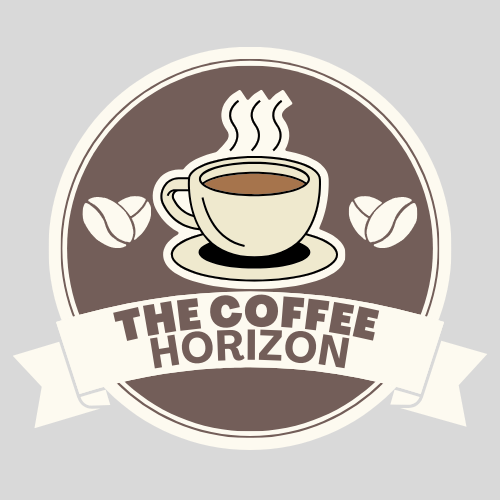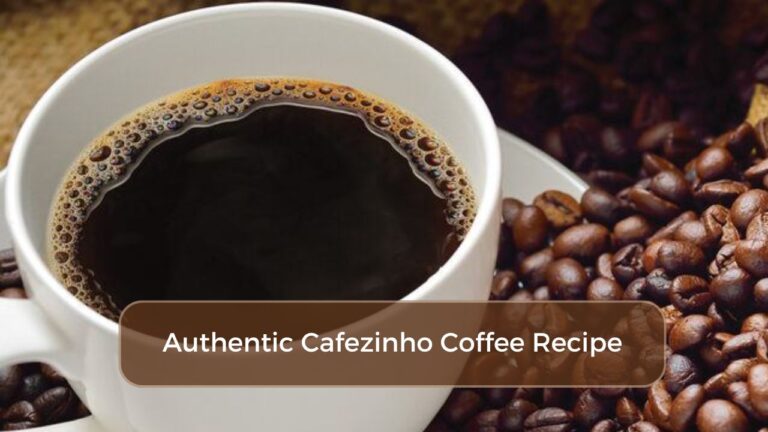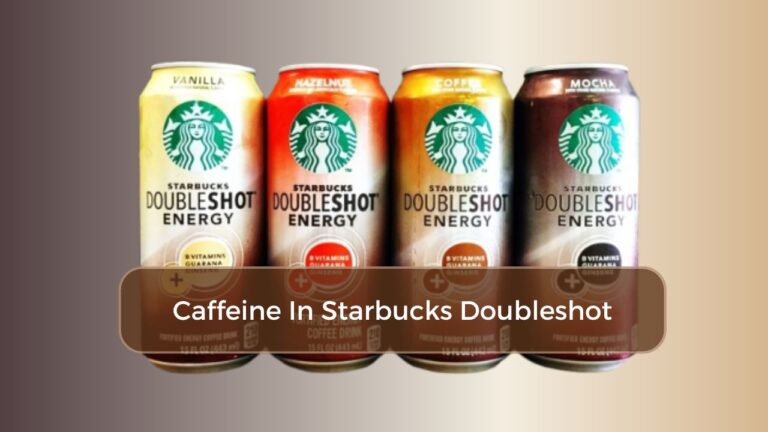Does Mug Root Beer Have Caffeine? Find Out The Truth In 2025
Have you ever cracked open a cold bottle of Mug Root Beer, only to wonder if that deliciously frothy beverage packs a caffeine punch? Many people enjoy this classic root beer without realizing that understanding its caffeine content could impact their choices, especially for those sensitive to caffeine.
In this article, we will dive into the question: Does Mug Root Beer have caffeine? By the end, you’ll have clarity on this topic and be better equipped to make informed decisions about your favorite fizzy drinks.
Understanding Caffeine in Soft Drinks
Caffeine in soft drinks often goes unnoticed, overshadowed by the vibrant colors and sugary flavors that dominate their appeal. It plays a crucial role in enhancing not just flavor but also the overall drinking experience.
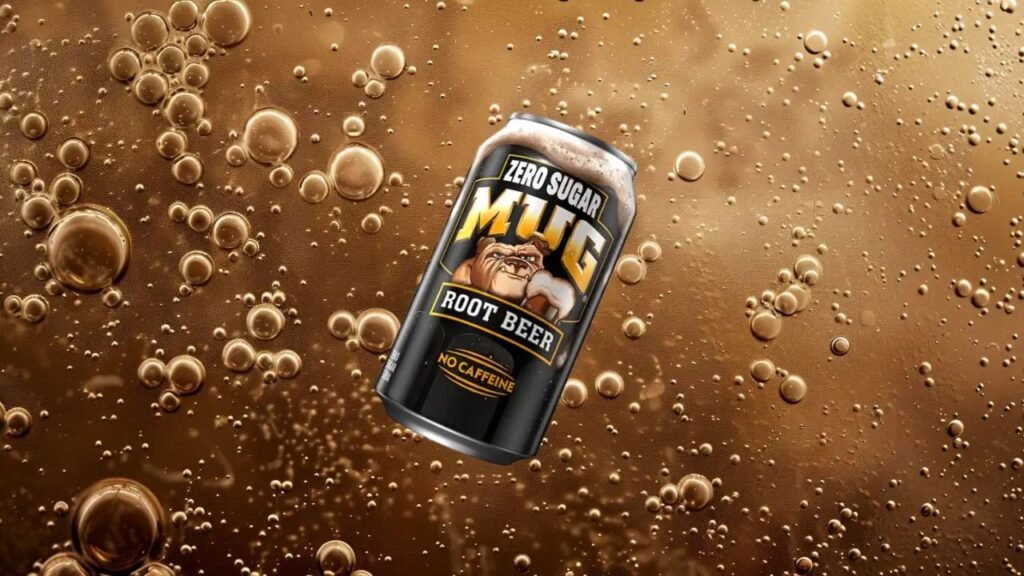
Many consumers may not realize that caffeine can heighten their perception of sweetness, making those sugary sips even more enjoyable of another can, sometimes without considering the cumulative effects on health.
The caffeine content in soft drinks varies significantly, leading to misconceptions about their energizing potential. For instance, a typical cola may contain around 30-40 mg of caffeine per 12 oz serving, while energy drinks can pack upwards of 200 mg in the same volume.
Does Root Beer Have Caffeine? Ingredients Explained
Here is the list of the ingredients that are present in this beer:
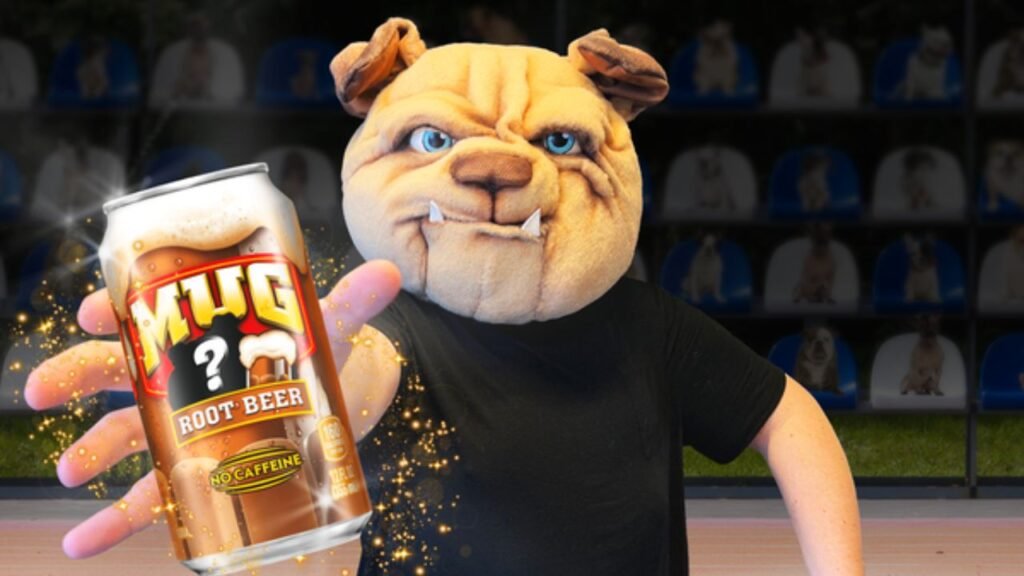
- Unique Blend of Flavors: This beer stands out for its distinctive flavor profile, crafted from a secret blend of spices and herbs. The combination of wintergreen, vanilla, and sassafras creates a rich, creamy taste that tantalizes the palate.
- Natural vs. Artificial Ingredients: While traditional root beer often boasts natural ingredients, it strikes a balance with both natural flavors and carefully selected artificial ones. This allows for a consistent taste that has been beloved by generations.
- Caffeine-Free Enjoyment: Unlike many sodas, it is caffeine-free, making it a perfect choice for all ages. This quality not only enhances its appeal as a family-friendly beverage but also allows for guilt-free indulgence at any time of day.
- Carbonation Mastery: The fine-tuned carbonation levels in Mug Root Beer contribute to its signature mouthfeel, providing a satisfying fizz that complements its sweet and spicy undertones. This effervescence elevates the overall drinking experience, making it a refreshing treat.
- Versatile Pairing: It pairs beautifully with various foods. Whether you’re enjoying it alongside barbecued meats or indulging in classic desserts like root beer floats, its versatility shines through, enhancing each culinary experience.
Its unique ingredient selection and flavor mastery create a soda that is an experience. With its balanced blend of sweetness and spice, every sip invites nostalgia while also promising new discoveries for the adventurous palate.
Mug Root Beer Caffeine Content Comparison with Other Sodas
In the table below, we compare the caffeine content of it with several other sodas, showcasing a clear distinction between those that energize and those that refresh without caffeine:
| Soda | Caffeine Content (mg per 12 fl oz) |
|---|---|
| Mug Root Beer | 0 |
| Coca-Cola | 34 |
| Pepsi | 38 |
| Mountain Dew | 54 |
| Dr Pepper | 41 |
| Sprite | 0 |
For those who enjoy the sweet, spiced taste of root beer but want to avoid caffeine, Mug serves as an excellent alternative to the more stimulating options. Interestingly, while many consumers may reach for traditional colas for a quick energy boost, they might overlook the delightful experience of sipping on a creamy, caffeine-free root beer.
Health Effects of Caffeine Consumption
Here are the disadvantages of consuming excessive amount of caffeine:
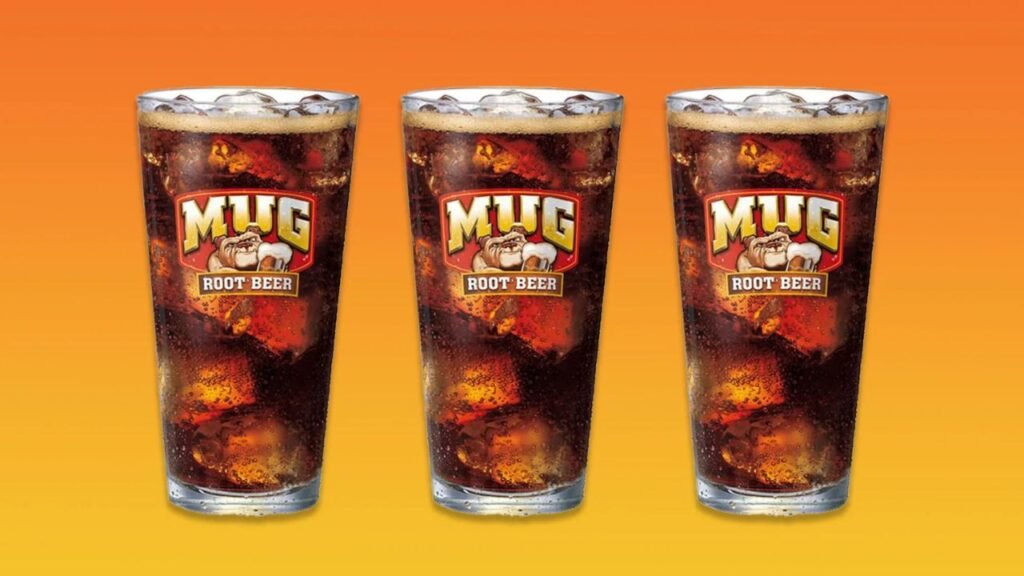
- Caffeine is hailed for its ability to enhance alertness and improve cognitive function, but it can also lead to increased anxiety levels in some individuals, particularly those sensitive to stimulants.
- Research indicates that moderate caffeine intake (around 200-400 mg per day) may lower the risk of certain diseases, such as Parkinson’s and Alzheimer’s, suggesting a protective effect on brain health.
- Caffeine can improve athletic performance by enhancing endurance and reducing perceived effort during physical activities, making it a popular choice among athletes.
- Excessive consumption can disrupt sleep patterns, leading to a cycle of fatigue and reliance on more caffeine to maintain energy levels.
Popular Myths About Root Beer
The term “root beer” itself was popularized in the 19th century as a non-intoxicating alternative. Many people believe root beer is simply a type of soda, but it actually has deep historical roots, originating from indigenous herbal remedies.
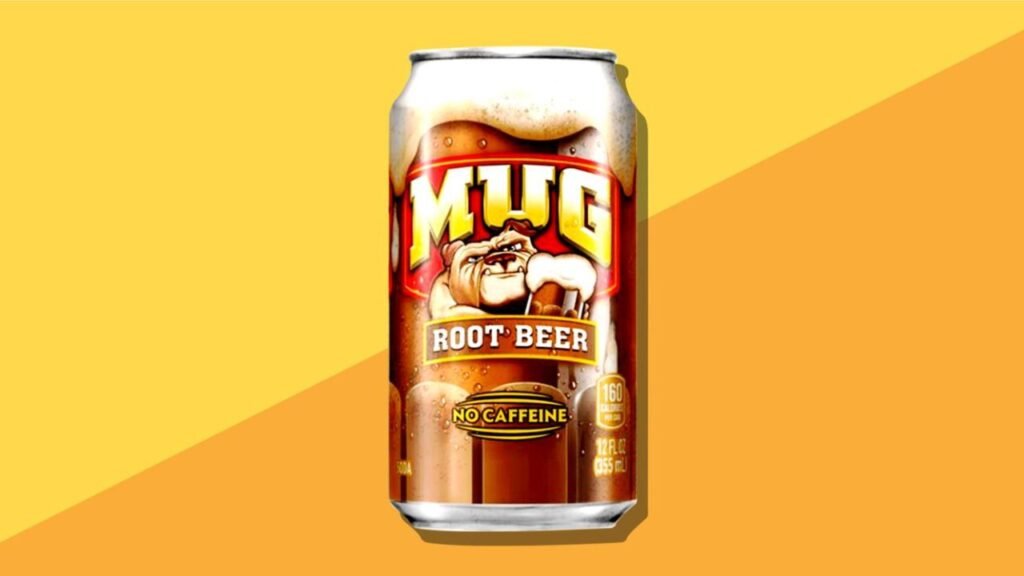
There’s a common myth that all root beers were originally alcoholic. While some early recipes did ferment to produce alcohol, most modern root beers are non-alcoholic and crafted for family-friendly enjoyment.
Many believe that modern root beers rely heavily on artificial flavors. Many craft breweries are reviving traditional recipes using natural ingredients, leading to an explosion of unique and artisanal root beer options that honor its rich history while offering exciting new tastes.
Alternatives to Caffeinated Beverages
These are the alternatives to caffeinated beverages:
| Alternative Beverage | Flavor Profile | Health Benefits | Preparation Method |
|---|---|---|---|
| Root Beer | Sweet, Spicy | Non-caffeinated, low-calorie | Carbonated, bottled |
| Herbal Tea (Chamomile) | Floral, Calming | Reduces stress, aids digestion | Steep in hot water |
| Sparkling Water | Crisp, Refreshing | Hydration without added sugars | Carbonated, infused |
| Homemade Shrub | Tangy, Fruity | Probiotic benefits, digestive aid | Mix vinegar with fruit juice |
| Ginger Beer | Spicy, Sweet | Anti-nausea properties | Fermented or non-fermented |
| Coconut Water | Tropical, Sweet | Electrolyte-rich, hydrating | Chilled or over ice |
| Matcha Latte (Decaf) | Earthy, Creamy | Antioxidants without caffeine | Whisk matcha powder with milk |
| Hibiscus Iced Tea | Tart, Fruity | May lower blood pressure | Brewed and chilled |
Caffeine and Mug Root Beer
Caffeine and Mug Root Beer may seem like an odd pair at first glance, but delving deeper reveals intriguing contrasts that can elevate the beverage experience. While caffeine is often celebrated for its stimulating effects, driving energy levels and focus, Mug Root Beer presents a nostalgic escape with its rich, creamy flavors rooted in American tradition.
The absence of caffeine in Mug allows it to stand out as a refreshing alternative, perfect for those seeking a soothing treat without the jitters associated with caffeinated drinks. Exploring the synergy between these two beverages opens up a world of creative possibilities.
Conclusion
As we delve into the intriguing question, “Does Mug Root Beer have caffeine?” it’s essential to recognize the beverage’s unique place in American culture. Mug Root Beer, like many other root beers, is crafted primarily from a blend of herbs, spices, and sweeteners, creating a distinct flavor profile that stands apart from traditional colas.
The absence of caffeine is one of the defining characteristics of root beer, making it a popular choice for those looking to enjoy a fizzy treat without the jitters that often accompany caffeinated beverages.
FAQs
Does Mug Have Caffeine?
No, it is generally caffeine-free. It’s a popular choice for those who want a sweet, fizzy drink without the caffeine content.
Does Mug Root Beer Have Caffeine?
It does not have caffeine. It is labeled as a caffeine-free beverage, making it a great option for all ages.
Is Mug Caffeine Free?
Yes, Mug is caffeine free. Most varieties of Mug Root Beer, including the original, do not contain caffeine.
Does Mugs Have Caffeine?
No, mugs (referring to Root Beer) do not have caffeine. The brand is known for its caffeine-free formula.
